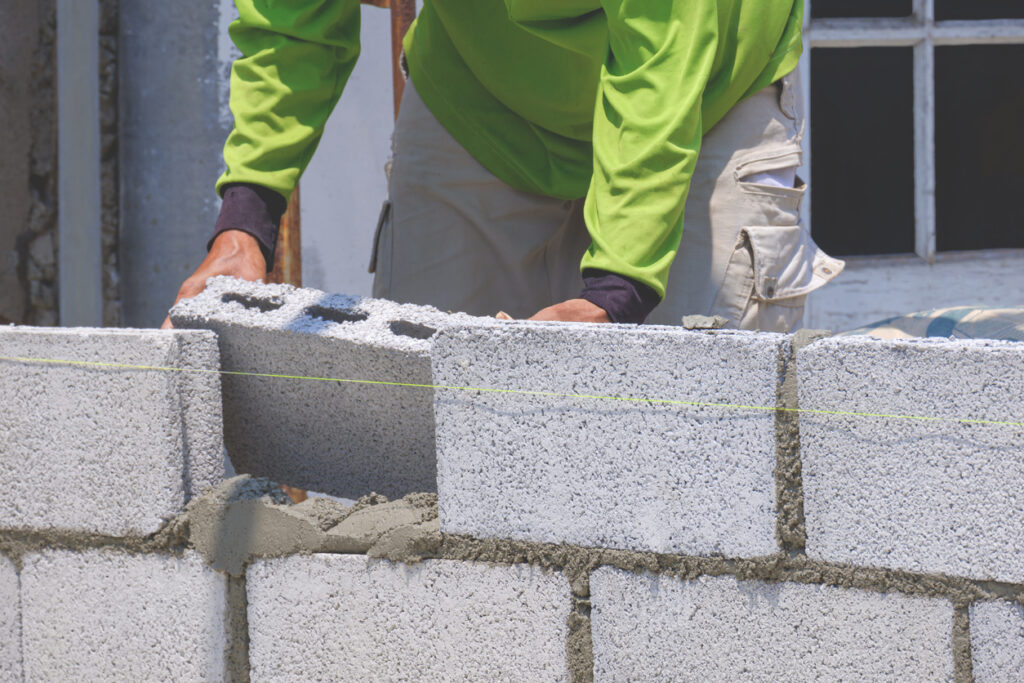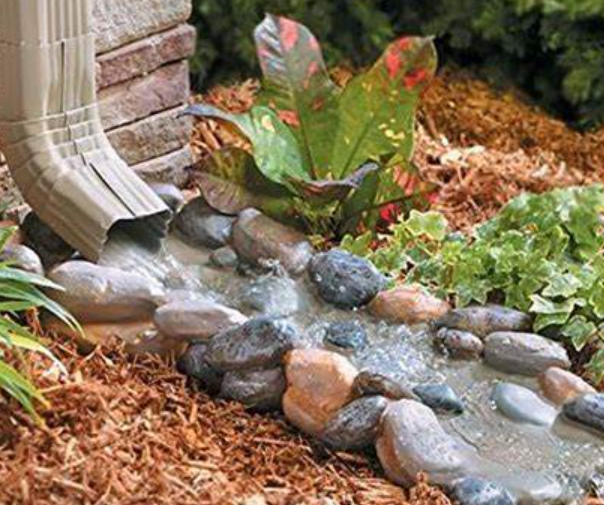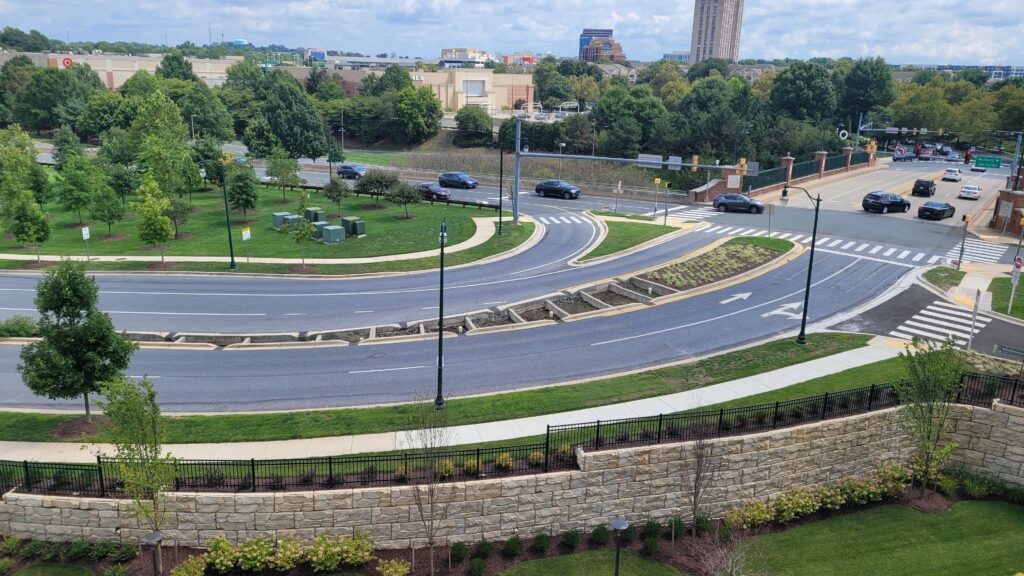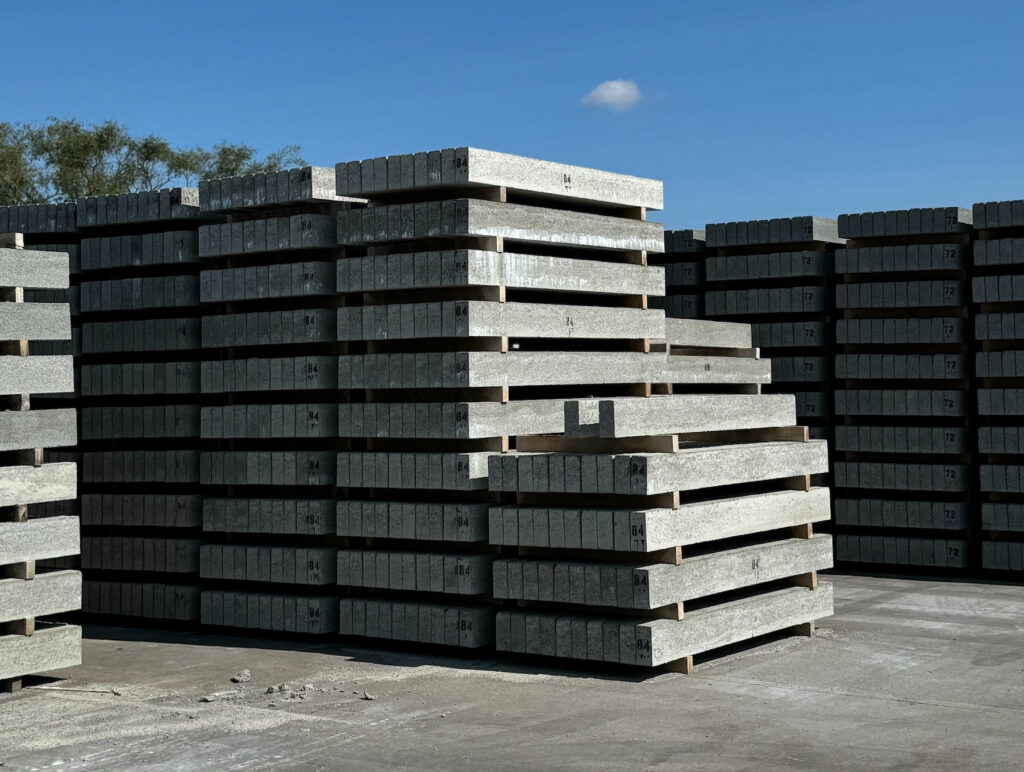Hot Weather Concreting
When it’s hot outside, special precautions should be taken to address the challenges of pouring concrete in the summer. Furthermore dry, low humidity conditions present even more of challenge.
Control Concrete Temperature to Slow Curing
Concrete sets-up when water evaporates from the mixture. Controlling the rate of evaporation in the summer can avoid plastic shrinkage cracking, and allow the concrete to meet its designed strength. Here are a few common tips and tricks:
Ice
Instead of using liquid water, we can use ice. As with a ice in a drink, the mix will temporarily be colder. Chilled water is also effective, but not as effective as ice.
Lowering Aggregate Temperature
Shading aggregate bins or sprinkling water on them can lower the overall temperature of the mix. Lower temperature concrete delays the curing process, giving more time to pour and finish.
Dampen Forms and Reinforcement
If forms are set up ahead of time during summer, they have a chance to get hot. Forms can be chilled with water prior to pouring. Just be sure to avoid ponding that will occur if too much water is added.
Mix Design
Use of supplementary cementitious material like slag or pozzolans can slow the reactions during the curing process that generate heat. The heat generated during curing is unnecessarily accelerates the process when it’s already hot outside.
Additionally the proper use of admixtures can make a great impact on moderating the heat. Proper use of retarders, water reducers, extended set-control all make the concrete easier to pour and finish.
Environment
Misters, shade screens, and wind breaks can offset the local environmental conditions (high heat and humidity) that would cause water to evaporate quicker.
Work Quickly to Combat Heat
Finishing
Finishing, cutting of control joints, and the like should being as soon as the water sheen has left the surface.
Staffing
Have appropriate manpower on site to pour, finish and cure the concrete.
Scheduling
Advance planning should be done with your ready-mix supplier so that deliveries arrive in such a way that avoids interruptions.
Other Items
Onsite Water
Limit the addition of water at the jobsite to what is recommended. Inappropriate or excessive addition of water can limit the concrete’s final strength.
Years of experience mixing, pouring, and finishing concrete have made Bay Ready Mix and Parker Block experts. Give us a call. We are happy to make sure your next pour this summer goes seamlessly. For a more detailed resource on hot weather concreting: click here. Or if you are pouring in the cold, check out our Cold Weather Concreting tips.

Ready Mix Sales ManagerDavid Welch
Latest News

How Long Does Type S Mortar Take To Cure?
Like all mortars, Type S mortar requires careful attention during the curing process to reach its full strength. This isn’t […]

Decorative Downspout Splash Block Ideas For A Stylish Exterior
Creating a stylish exterior involves paying attention to the smallest details, and downspout splash blocks can make a surprising difference. […]

A Stormwater Compromise to Nowhere
I went to visit my grandmother at her new apartment and drove past an atrocity of a stormwater/transportation compromise. It […]

Choosing The Right Size: Your Essential Concrete Lintel Size Guide
Choosing the right size for a concrete lintel is a critical decision that can significantly impact the structural integrity of […]
